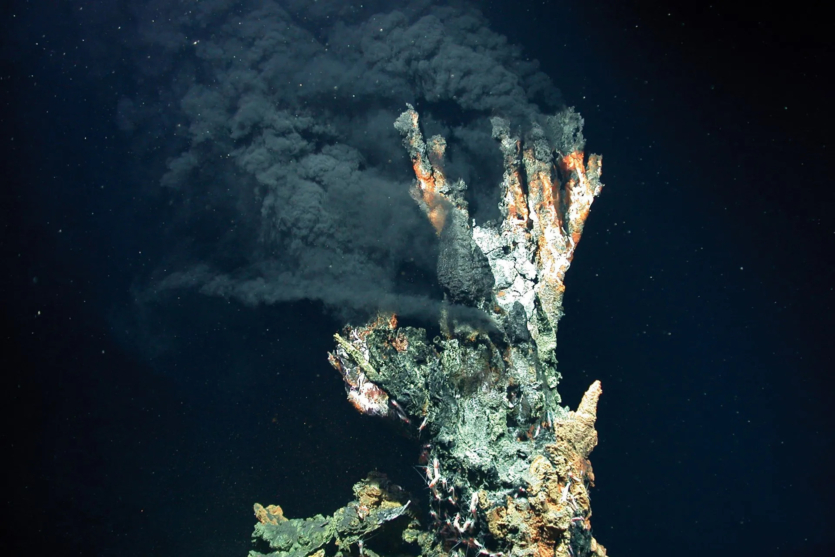
A recent study, conducted by scientist Robert Endres of Imperial College London, based on mathematical calculations, showed, that chance alone would not have been enough for life to emerge on Earth.
Endres has developed a theory according to which, emergence of living organisms on the planet could have been much more complex than we think. The study reveals the extreme complexity of the formation of structured biological information in real pre-biological conditions, emphasizing that the emergence of the first living cell was extremely unlikely.
According to Robert Endres, it’s like trying to write a scientific article about the origin of life by randomly placing letters on a page. The researcher used information theory and algorithmic complexity to analyze, how long it would have taken the first living cell, known as a protocell, to self-assemble from simple chemical components.
The results of the mathematical calculations show, that this would be extremely unlikely if based primarily on chance in natural conditions. The results show, that randomness combined with natural chemical reactions may not be an adequate explanation for the emergence of life within the limited timeframe of the early Earth.
Typically, systems tend toward chaos rather than order. Under these conditions, the formation of highly structured components necessary for the emergence of living organisms faces serious obstacles. This does not mean, that life cannot arise, but it does imply that existing knowledge may not be sufficient.
In the study, Endres emphasizes, that determining the physical principles underlying the emergence of living organisms from non-living matter remains one of the key tasks of physics and biology. The author of the study also recognizes, that the first proposed Francis Crick and Leslie Orgel’s theory of the origin of life somewhere in the Universe and then being transported to other planets by asteroids and other celestial bodies, known as directed panspermia, remains a speculative but logically open alternative.
However, this study does not refute the possibility of the natural origin of life on Earth. Instead, it quantifies the mathematical complexities involved and suggests, that we may need to discover new physical principles or mechanisms that can overcome these information barriers. This work is an important step toward a more rigorous mathematical analysis of the origin of life.
The results of the study are published on the preprint server arXiv
Source: SciTechDaily

Spelling error report
The following text will be sent to our editors: